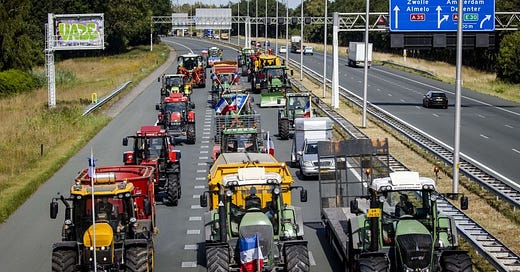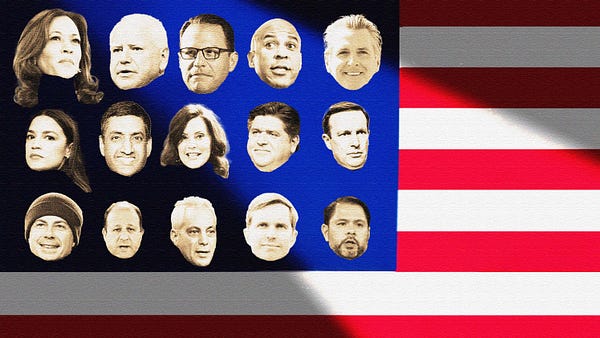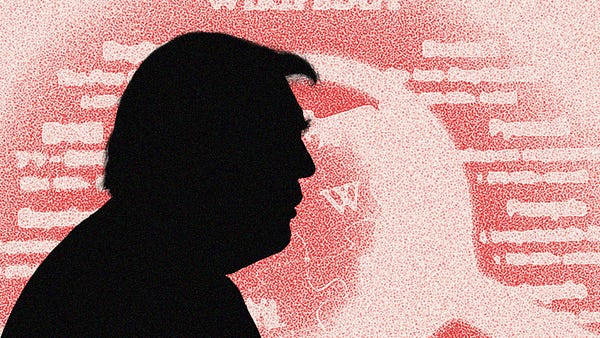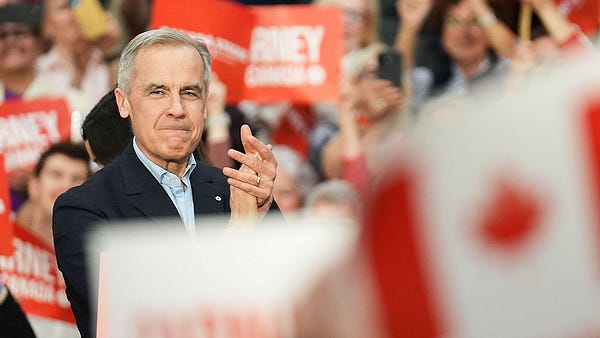
The Dutch have a particular horror of fascism. They bravely resisted the Nazis during the Second World War, as the German occupation of the Netherlands cut off food and fuel shipments. During the “Hunger Winter,” which lasted from 1944 until the Allied liberation in 1945, at least 22,000 Dutch people died from malnutrition.
That experience branded the national character with a strongly libertarian streak. It also explains why, post-war, the Netherlands created the most successful agricultural economy on the planet out of the ruins.
Though smaller than the state of West Virginia, they became the world’s second-biggest exporter of food after the United States. And despite the temperate climate, farmers have developed a thriving fruit and vegetable industry, including growing bananas in greenhouses. Not even their damp lands have held them back; Dutch engineering has allowed productive farming to flourish below sea level. There’s a floating dairy farm in Rotterdam Harbor that provides the city with milk, butter, and yogurt while shoring up flood resistance. As a dairy farmer myself, in Scotland, I’m inspired by what my fellow farmers have pulled off.
The Netherlands’ particular history also explains why, at least initially, the Dutch were enthusiastic early members of what became the European Union; they were driven by a determination that a war on the continent should never happen again.
But now Dutch farmers are turning against the EU—and their own prime minister—in a bid to fight for their most basic liberties.
That’s because EU climate laws have led the Dutch government to commit to reducing nitrogen emissions by 50 percent by 2030. To achieve this, the government has threatened to withdraw farmers’ licenses to farm because of their high nitrogen emissions, mainly stemming from cow dung and fertilizers. Without their licenses, farmers won’t be able to borrow money, putting many in financial peril. Farmers feel they are being scapegoated even though they farm efficiently. Nitrogen emissions in the Netherlands have fallen 50 percent since 1990—while airlines and other emitters show little restraint in the face of climate change.
Why, the farmers ask, are they being singled out?












